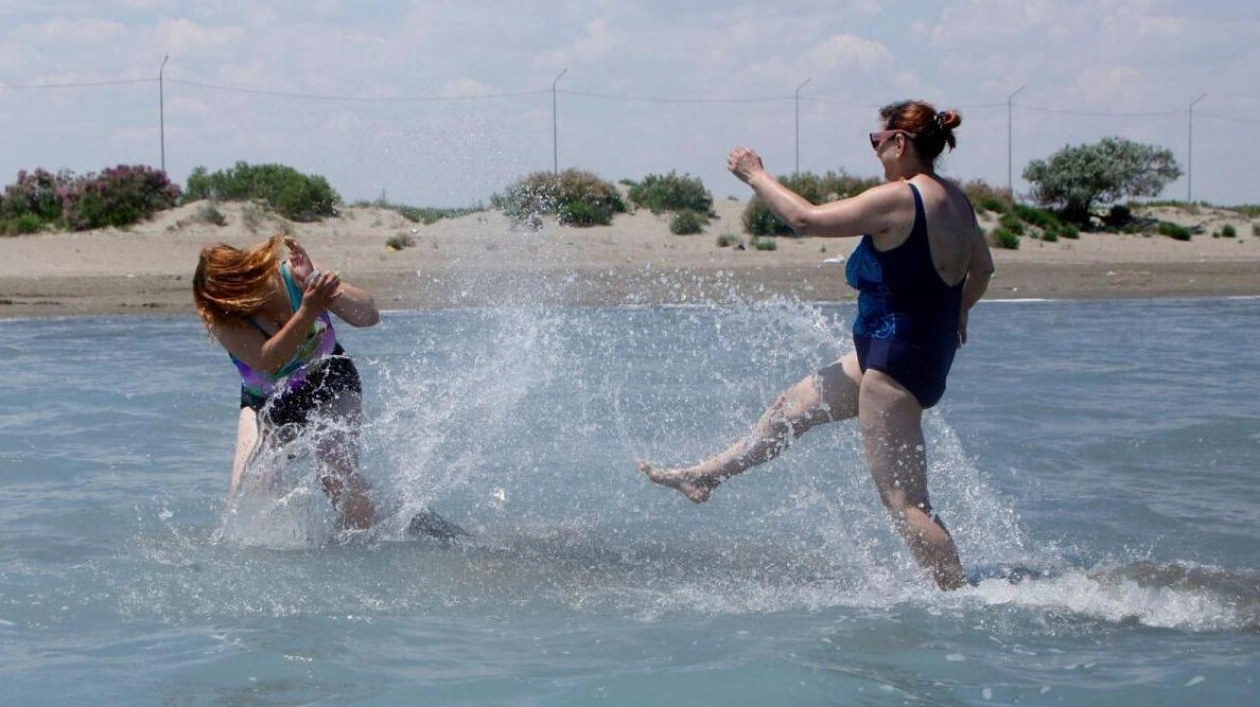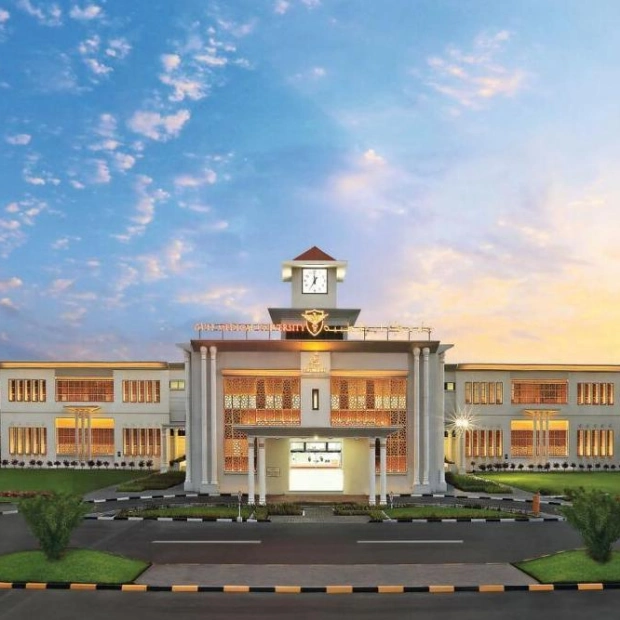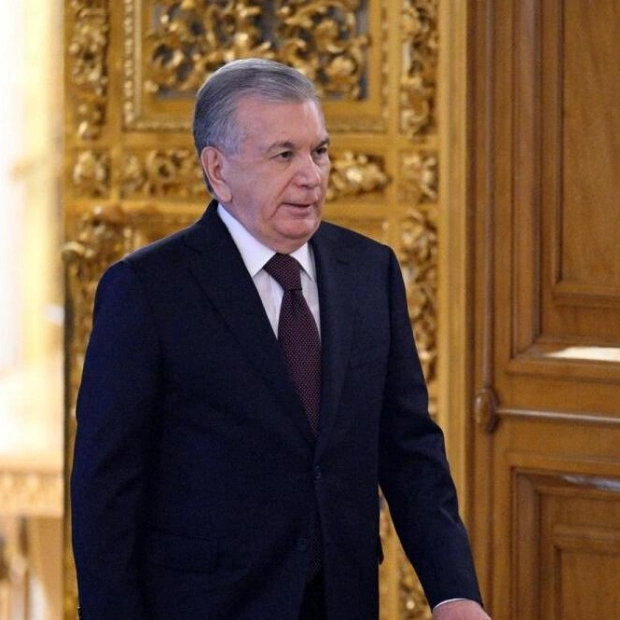From the rooftop of his derelict hotel, Alexei Vereshchagin is convinced that one day tourists will lounge with cocktails, savoring the lakeside vista of Priozersk—a once-secret city in central Kazakhstan. Due to insufficient funding, Vereshchagin has been single-handedly renovating the hotel, including installing new windows in all 150 rooms, one by one. This colossal endeavor is expected to span several years. The hotel's old Cyrillic sign reading "Hotel Russia" has been taken down and now lies dusty on the roof, alongside a corroded portrait of Vladimir Lenin.
"I dream of having a beautiful hotel at the heart of the city, reminiscent of the Soviet era. That's why I'm restoring it, bit by bit," Vereshchagin, a veteran of the Soviet Army, shared. Once the renovation is complete, Vereshchagin anticipates that regular tourists will be able to lodge near the shores of Lake Balkhash, enjoying its "stunning views." The emergence of a vibrant tourism industry in Priozersk would signify a significant transformation for the formerly off-limits city, which was long absent from maps due to its secretive military installations. The Sary-Shagan missile range, established in 1956 to test anti-ballistic systems, is still partially leased by the Russian government, as disclosed by Priozersk's mayor, Mansur Akhmetov, to AFP.
Strolling through the town of 15,000 residents, remnants of the Cold War era are omnipresent. Replicas of the S-75 surface-to-air missiles tested in Priozersk are displayed in the city center and at its entrance, accompanied by tattered posters extolling the "glory of the Fatherland's anti-missile shield." Several abandoned sites across the vast, arid testing range are now patrolled by locals like Ivan Sabitov. Sabitov, a Kazakh civilian, spends his days overseeing empty missile silos, dismantled radars, and rocket fairings, accompanied by his dog.
"These Soviet facilities are ruined, but other bases remain operational," the 61-year-old, with a rugged countenance, remarked. Russian troops from the Strategic Missile Forces, which oversee the Kremlin's nuclear stockpile, are still stationed in the area and occasionally swim in Lake Balkhash with their families. Russia asserts that it has "developed infrastructure around Priozersk for testing strategic defense equipment," including intercontinental ballistic missiles. Despite the presence of Russian bases, Mayor Akhmetov is endeavoring to convert Priozersk into a seaside resort, aligning with President Kassym-Jomart Tokayev's vision to boost the country's tourism sector, which currently accounts for only 3.2 percent of its GDP.
"We intend to redevelop the entire coastline for pedestrian use and plan to construct hotels and initiate beach cleanup efforts," Akhmetov outlined his ambitious plans. Priozersk already boasts a handful of small hotels primarily catering to fishermen and a sparse influx of tourists at the beginning of summer. "Despite the town's somewhat abandoned appearance, Lake Balkhash is breathtaking. I relish the warm waters and the sandy beaches," said Olga Ryapolova, a Russian tourist from Siberia, who hopes to revisit Priozersk soon. Upon closer examination, the serene lake starkly contrasts with the surrounding desolation. A defunct cement factory near the lake's edge is earmarked for demolition by Mayor Akhmetov, but on the sole road leading to the peninsula's end stands a new hotel: "The Golden Sands." This four-star spa, established in 2016, has become a vital source of employment, with its 120 staff members.
"Jobs in Priozersk are scarce and largely military-related. My mother is a soldier, and I was a police officer," recounted Aizhan Musina, the spa's receptionist. "But my previous salary (around 250 euros) was insufficient, so I joined here," Musina added, noting her current earnings of roughly 370 euros ($400) per month. Born in Priozersk during its closed era, Musina has long anticipated the city's opening to tourists. "I hope our city gains recognition, and people learn about our beautiful spa," Musina expressed to AFP.






